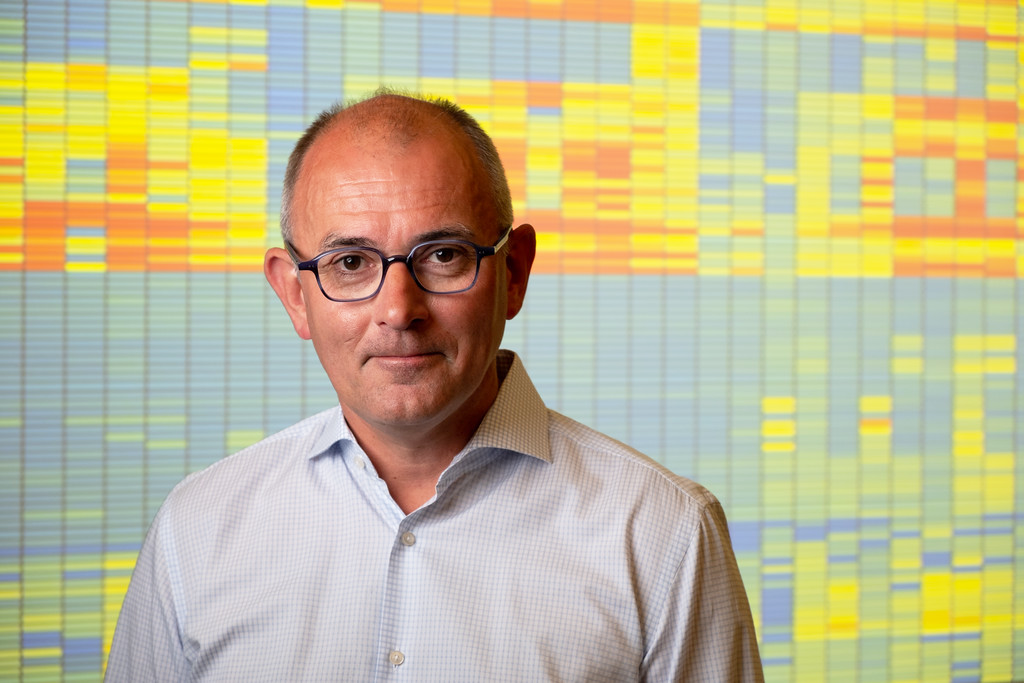Davies offers Perspective on “The digitization of organic synthesis” for Nature
Ian W. Davies, principal of the Princeton Catalysis Initiative, recently published a Perspective in the journal Nature discussing the potential and challenges of predicting the outcomes of chemical reactions using machine intelligence, focusing particularly on the need to improve the prediction of “above the arrow” reaction conditions. Moreover, Davies observes that for machine learning algorithms to better learn from datasets created by real world chemists, methods to communicate and share data will need to evolve. The Perspective is titled, “The digitization of organic synthesis.”

Photo by C. Todd Reichart
The article abstract:
Organic chemistry has largely been conducted in an ad hoc manner by academic laboratories that are funded by grants directed towards the investigation of specific goals or hypotheses. Although modern synthetic methods can provide access to molecules of considerable complexity, predicting the outcome of a single chemical reaction remains a major challenge. Improvements in the prediction of ‘above-the-arrow’ reaction conditions are needed to enable intelligent decision making to select an optimal synthetic sequence that is guided by metrics including efficiency, quality and yield. Methods for the communication and the sharing of data will need to evolve from traditional tools to machine-readable formats and open collaborative frameworks. This will accelerate innovation and require the creation of a chemistry commons with standardized data handling, curation and metrics.
Read the full article here:
Ian W. Davies “The digitization of organic synthesis.” Nature 2019 570, 175.
